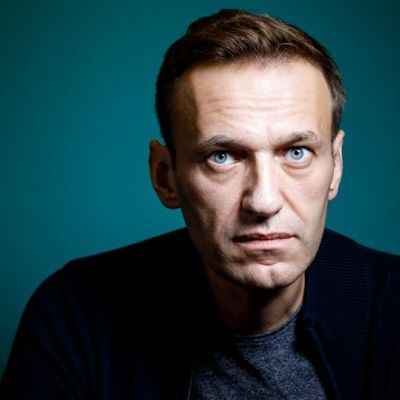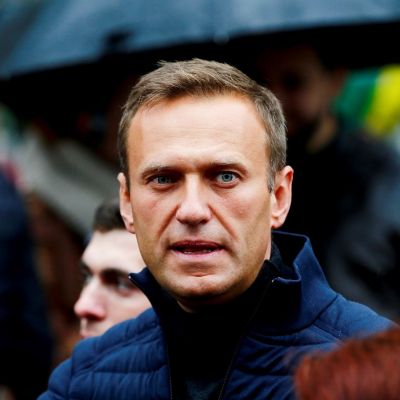Investigate Alexei Navalny’s religion and family ethnicity to learn more about his beliefs and upbringing. Alexei Navalny is the Russian opposition’s leader and the founder of the Anti-Corruption Foundation. Alexei Navalny actively campaigned in Russia’s presidential election in 2018, organizing 81 regional centers around the country. He faced jail in 2021 for parole breaches, fraud, and contempt of court. His conviction for encouraging “extremism” resulted in a 19-year sentence extension in August. Amnesty International recognizes Alexei Navalny as a prisoner of conscience, and he was awarded the Sakharov Prize for his human rights work.
Alexei Navalny’s Religion: Is He a Muslim?
Alexei Navalny has grown to worldwide fame as a result of his unwavering campaign against corruption and alleged Kremlin human rights abuses. As his fame has risen, there has been a rising interest in “Alexei Navalny Religion,” indicating an interest in this powerful figure’s personal views. Interestingly, Navalny, a previous atheist, had a deep spiritual change throughout his spiritual trip.

His newfound trust in God manifested itself upon his return to Moscow in January 2021, after treatment in Germany for a Novichok nerve agent illness. While awaiting trial, Navalny found peace in Jesus’ teachings, notably those contained in the Sermon on the Mount. This enlightenment clarifies “Alexei Navalny’s Religion“: he identifies with Christianity. His religion seems to have played an important part in managing the difficulties he encountered throughout his legal fights and incarceration.
The debate about “Alexei Navalny’s Religion: Is He Muslim?” gained traction when Navalny launched a complaint against Russian prison officials, alleging they denied him access to the Quran. Despite the legal process, Navalny said that his objective was to study the Quran more deeply for personal betterment. He declared a wish to become not just a better Christian, but also “the Quran’s champion among Russian non-Muslim politicians.” This explanation emphasizes that Navalny’s interest in the Quran is motivated by a desire for knowledge and self-improvement rather than a desire to convert to Islam. Thus, the current interest in Alexei Navalny’s religion stresses the subtle and growing character of his spiritual journey, revealing the complexities of his views and convictions.
Alexei Navalny’s Ethnicity
Alexei Navalny’s ancestral origins are explored, creating a complex tapestry that spans both Russian and Ukrainian landscapes. His mother’s ancestors are from Russia, while his father’s ancestors are from Zalissia, Ukraine. This complex mix of varied origins adds greatly to Navalny’s distinctive character, affecting his views on race and government. Navalny said on the Ukrainian TV station Inter in 2013 that he considers himself half Russian and half Ukrainian, with a preference for the latter in terms of origins and DNA.

This mixed upbringing gives him a sophisticated perspective on questions of race and government, adding to the complicated tapestry of his involvement in Russian politics. This complicated history, however, creates complications, notably in geopolitical concerns. Navalny’s position on the future of Russian-occupied Crimea is unknown, and his pronouncements about Ukrainian sovereignty are sometimes ambiguous. These nuanced differences have aroused mistrust and alarm among Ukrainian listeners, casting doubt on his possible involvement in Russian politics. The interaction between Navalny’s rich ancestry and his stance on geopolitical concerns complicates his political character. In the context of Russian-Ukrainian ties, this produces a dynamic and developing narrative.




